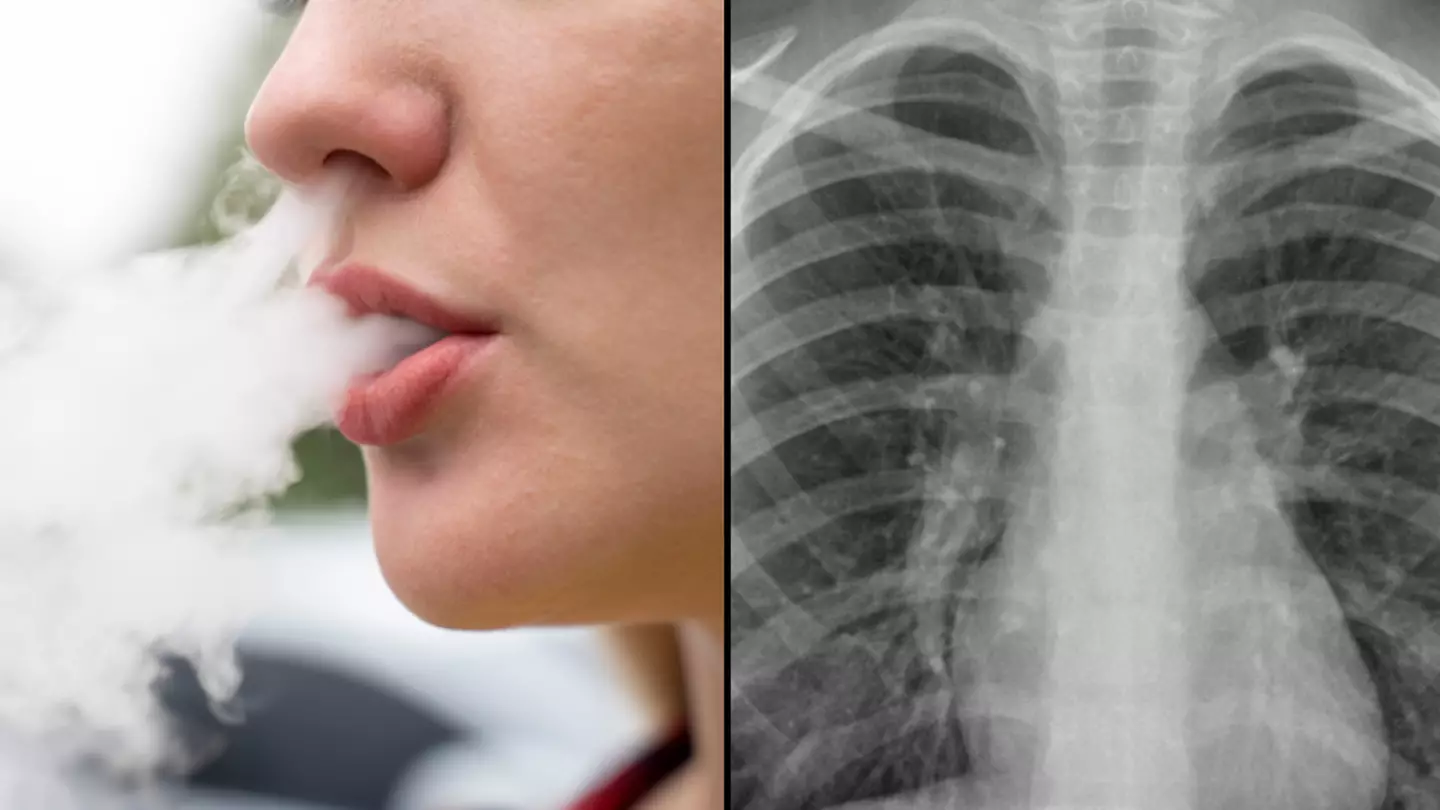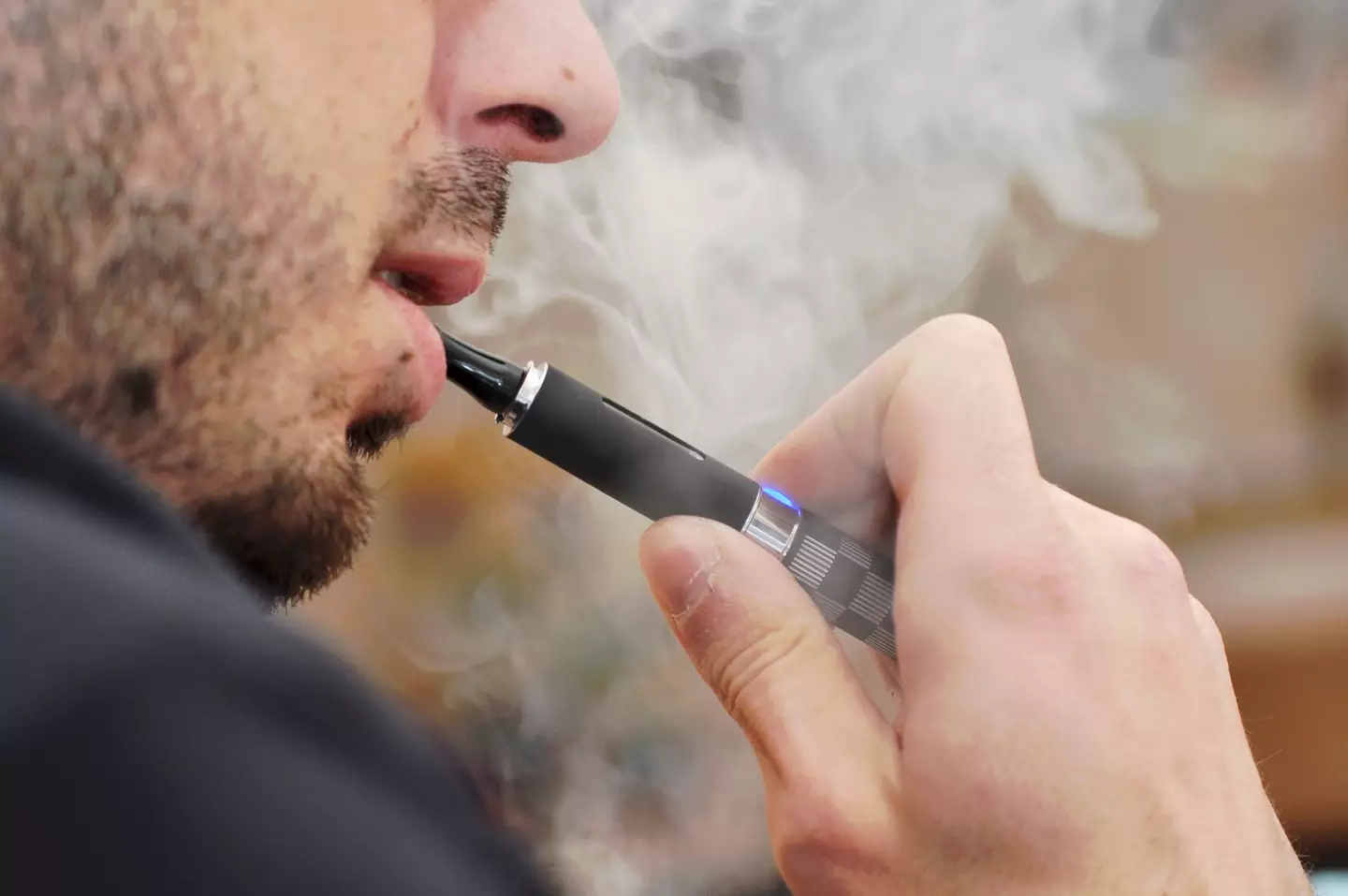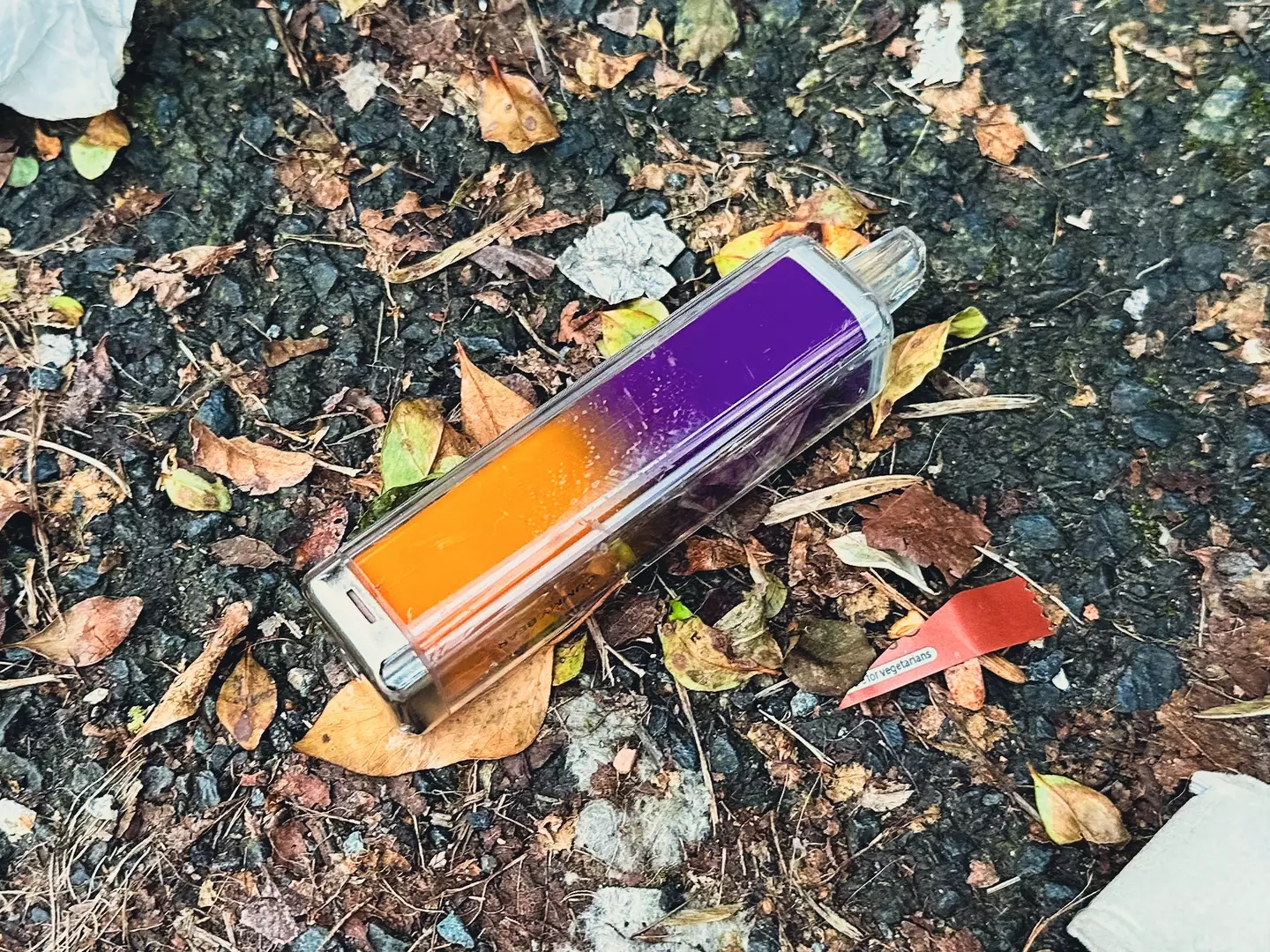
There has been an astronomical rise in vaping in the past couple of years - leading the government to introduce a ban on disposable vapes next year.
Initially created as a tool to help smokers quit, vapes have risen in popularity among the younger generation thanks to their brightly coloured packaging and fruity flavours.
And it turns out that vaping isn't as safe as many people initially thought, meaning it might finally be time to put down your blue raspberry e-cig.
But what exactly happens to your health when you finally kick the habit?
After finally saying goodbye to your clouds of sour cherry smoke, you can expect your body to begin returning to 'normal' within just 20 mins of quitting.
Advert
According to Nikola Djordjevic MD - project manager at Med Alert Help - 'your heart rate returns to normal, your blood pressure drops, and your circulation starts to normalise' after 20 minutes without a vape.
Your breathing will also become much easier, with Caleb Backe, a certified health and wellness expert for Maple Holistics, adding: "When you quit vaping, you should find that your breathing becomes less laboured and your airflow is clearer."
These aren't the only benefits, with your risk of heart disease also decreasing in the 24 hours following.

"After just one day, your heart attack risk starts to decrease," Djordjevic added, explaining that the positive changes are due to your blood pressure and cholesterol returning to normal.
Advert
"Thanks to the lowering of blood pressure, rising blood oxygen levels, and reducing the negative influence on cholesterol levels and the formation of blood clots," she said.
The positive changes continue into the next weeks and months, with nicotine taking around three days to exit your system. After one month your lungs will start to recover.
"After one month, your lung capacity improves," Djordjevic revealed. "There’s noticeably less shortness of breath and coughing."
She continued: "After nine months, lung health improves significantly thanks to the renewal of microscopic hair-like structures inside the lungs that help push out mucus and fight infections."
The benefits will continue into the next years, with one year without vaping seeing your risk of heart disease halved, according to a doctor.
Advert

After 10 to 15 years Djordjevic states that your risk of developing lung cancer will have decreased by about '50 percent'.
The risk of pancreatic, mouth, and throat cancer are also reduced.
"After 15 years, your risk of developing coronary heart disease becomes the same as a nonsmoker’s," she said. "The same goes for the risk of developing pancreatic cancer."
Unfortunately quitters will still experience the dreaded withdrawal symptoms, which often includes cravings, irritability, headaches.
Advert
However the side effects will begin to 'gradually decrease' in the weeks after quitting, taking 'usually around a month' for smokers to fully break the habit.
Although the first few days will be difficult - Djordjevic notes that withdrawal symptoms peak on day three - the longterm benefits of not vaping are well worth the initial discomfort.